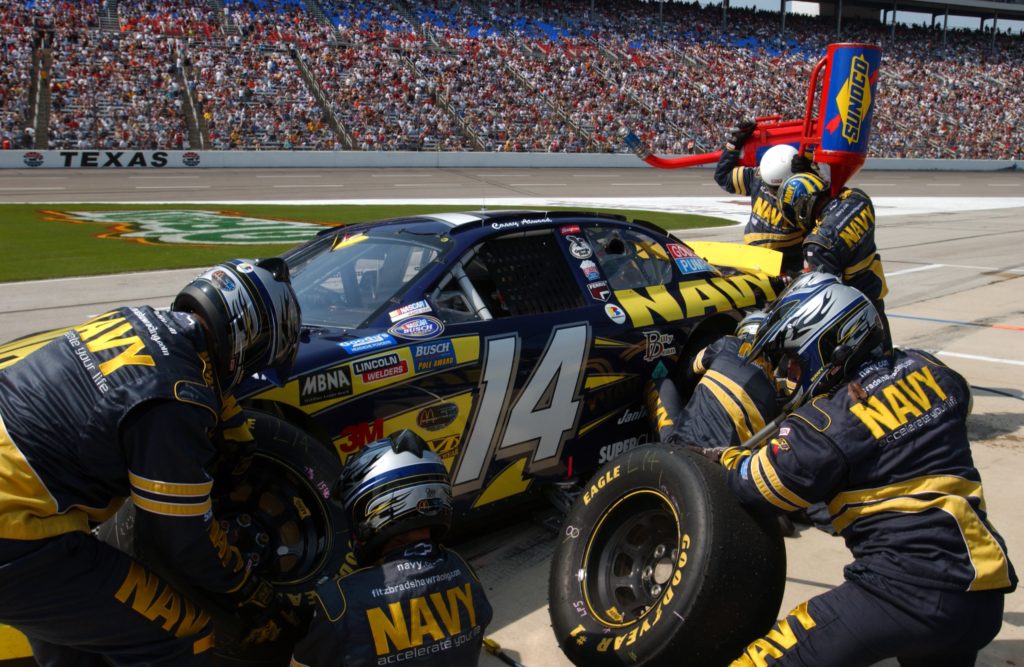“Teamwork makes the dream work,” a phrase most often credited to John C. Maxwell, an American clergyman, author, and speaker, is one of the most overused sayings in many aspects of life, but that’s only because it holds so much truth. After all, any team comprised of truly great team players can accomplish amazing things!
Businesses small and large rely on high performing teams to accomplish essential functions that deliver their goods and services. The challenge for any organization is to find the right team players who can work together to make the “dream” come true. So, what does it take to create a culture that finds great team players? Among several books by author and business team management expert Patrick Lencioni, The Ideal Team Player: How to Recognize and Cultivate the Three Essential Virtues, provides a practical and compelling case for identifying, hiring, and developing ideal team players. If you are a business leader wanting to improve team performance, a recruiter looking to hire great team players, or an employee wanting to become a better team player, this book will help.
The primary principle of The Ideal Team Player is that values matter. Establishing an organizational values framework is essential. Team core values will mirror organizational values, and everything that the company does should be reflected in its core values. Lencioni’s use of a realistic fable to illustrate his points helps the reader see how imperative consistent, clear, and simple core values are. He further defines the virtues required of every employee to support the core values. Those are humble, hungry, and smart.
First and by far the most important trait of an ideal team player is humility. It means not being arrogant or self-centered but putting others first. Secondly, hungry means desiring to put forth effort, having a strong work ethic. Finally, smart does not mean intellectually smart, rather emotionally intelligent – the ability to read people and be in tune with their emotions and your own.
The author points out that one must possess all three traits to be an effective team player and he provides simple guidance on how an organization can set up the framework to identify each trait, interview for ideal team players, and help develop employees improve in one area or more. Sounds like a recipe for success! Yes, but it takes time and concerted effort to change culture, requiring some difficult hiring or firing decisions to achieve the desired ideal team.
But back to the dream. Interestingly, Maxwell’s famous quote from his 2002 book of the same title actually doesn’t end at “…dream work.” The full quote is, “Teamwork makes the dream work, but the vision becomes a nightmare when the leader has a big dream and a bad team.” But while Maxwell’s optimism may be tempered with the acknowledgement that nightmares can follow bad team dynamics, it is reassuring to know that simple, common-sense management tools and techniques are available to create strong teams that will help businesses achieve greatness!
Acadia HR has been helping businesses locally and nationally since 1989 by delivering tools and resources to build efficiencies in their clients through personal, customized service. For more information on outsourcing options, please call 845.876.1987 or email sa***@******HR.com.

